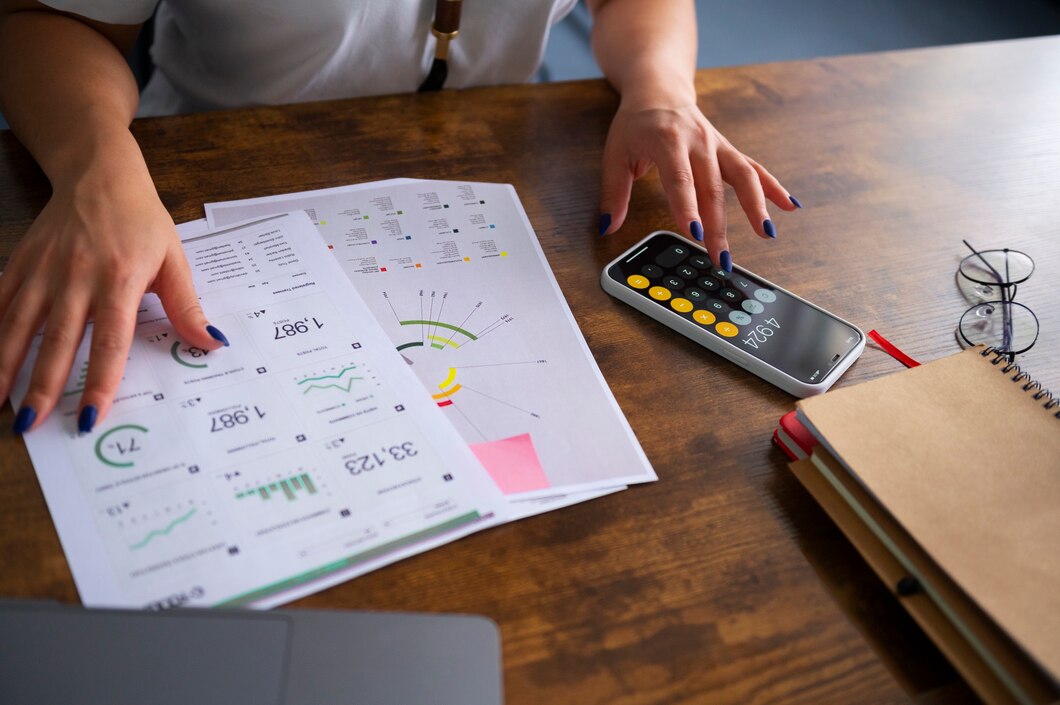Under Spanish tax law, the Modelo 303 is a self-assessment form used by taxpayers – whether self-employed individuals or small companies – to report and pay VAT (Value Added Tax) on their sales or services rendered or business-related purchases in Spain.
The form must include all product sales, services supplied, imports, and transactions with other countries that are subject to VAT in Spain. This information allows the Spanish tax agency to check whether the right amount has been paid or a refund is owed.
Previously, if the taxpayer made a mistake on a VAT return or received updated information after submission, it could be a lengthy process to apply for a refund.
Now, the law is changing and an updated version of the Modelo 303 will come into use from September 2024. This new version will allow taxpayers to submit rectifications to inaccurate VAT declarations and settle balances much faster than before.
While this streamlined approach cannot be applied for VAT returns submitted before September 2024, most taxpayers submitting VAT forms from this point can benefit from quicker corrections and refunds in the future.
Here’s what you need to know about the Modelo 303 changes.
How are Spanish VAT returns changing?
Until now, a dual system has been in place for correcting submitted VAT returns. If there is a VAT increase, the taxpayer must submit a new return replacing the previous one. If there is a VAT reduction or it remains the same, the taxpayer must submit an administrative request to the tax agency explaining the corrections and asking for a refund.
The latter procedure could take up to 6 months for the tax authorities to complete, but it has now been updated to make the process of requesting a VAT refund faster. Taxpayers can now use the same Modelo 303 form to submit corrected data without having to follow a separate administrative procedure.
This new system unifies both channels into one to simplify the VAT rectification method – which means self-employed autónomos, entrepreneurs, and SMEs in Spain can receive VAT refunds in a shorter timeframe.
The Spanish government also plans to modify other tax return correction systems in the same way, including Personal Income Tax and Corporation Tax, though legal orders for these measures have not been published yet.
How can the new Modelo 303 be used?
The amendment to Modelo 303 introduces two new boxes for rectifying self-assessment returns – one to identify discrepancies where no other box on the form applies, and another to explain the justification of a refund request.
Box 108 can be filled out when there is a discrepancy in the administrative criteria that cannot be adjusted elsewhere on the form. This information will be accounted for when calculating the self-assessment result in Box 69.
Box 111 allows the taxpayer to apply for a VAT refund and differentiate between refunds due to further application of the tax rules or undue payments.
As with any system, there will be some exceptions. The old rectification process still applies if the reason is to allege the infringement of a higher-ranking regulation (e.g. constitutional, EU, or international law) or to rectify a quota unduly passed onto another taxpayer.
Again, the new system only applies to VAT returns submitted in 2024 from the third quarter for quarterly returns or September for monthly returns. It cannot be used to rectify forms from previous tax periods.
Do you need help with VAT forms in Spain?
The majority of self-employed workers in Spain must submit quarterly tax returns, including both Personal Income Tax (130) and VAT (303) forms, though some may file and pay monthly.
In either case, failure to meet monthly or quarterly deadlines for tax return submission and payment could result in surcharges and fines, depending on the severity of non-compliance.
That said, providers of certain services may not be obliged to file Modelo 303 forms, while others may be subject to special tax regimes that provide exemptions.
It’s important for all taxpayers to be aware of their tax obligations in Spain and possible exemptions to ensure they are filing and paying taxes accurately.
If you’re a foreigner working as an autónomo or entrepreneur running an SME in Spain, it can be difficult to know what you need to do and when to keep up with Spanish tax laws – especially if you aren’t fluent in the language, as everything is done in Spanish.
In such cases, contacting English-speaking Spanish lawyers who can assist you with taxes in Spain can be highly beneficial. They can help you make sure your documentation is in order, advise you on applicable tax advantages, and provide tax management services for timely tax return submissions and payments.
So, whether you need assistance with Personal Income Tax or VAT self-assessment in Spain, when you consult a local tax advisor, you won’t have to manage it alone!


